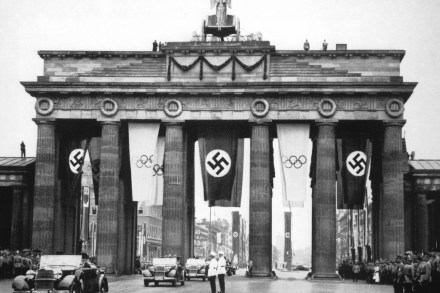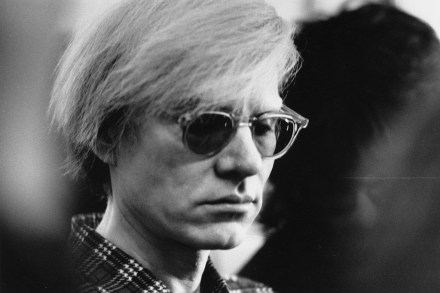Andrew Adonis: how Ernest Bevin was Labour’s Churchill
43 min listen
In this week’s books podcast I’m joined by Alan Johnson and Andrew Adonis to talk about the latter’s new biography of a neglected great of British political history: Ernest Bevin: Labour’s Churchill. He was, in Andrew’s estimation, the man who did most to save Europe from Stalin. So why has Bevin been so forgotten? In




















